Neurology:
Neurology is a branch of medicine that deals with disorders of the nervous system. This includes the brain, spinal cord, nerves, and muscles. Neurologists diagnose and treat conditions such as epilepsy, stroke, Alzheimer’s disease, Parkinson’s disease, multiple sclerosis, and many others that affect the functioning of the nervous system.
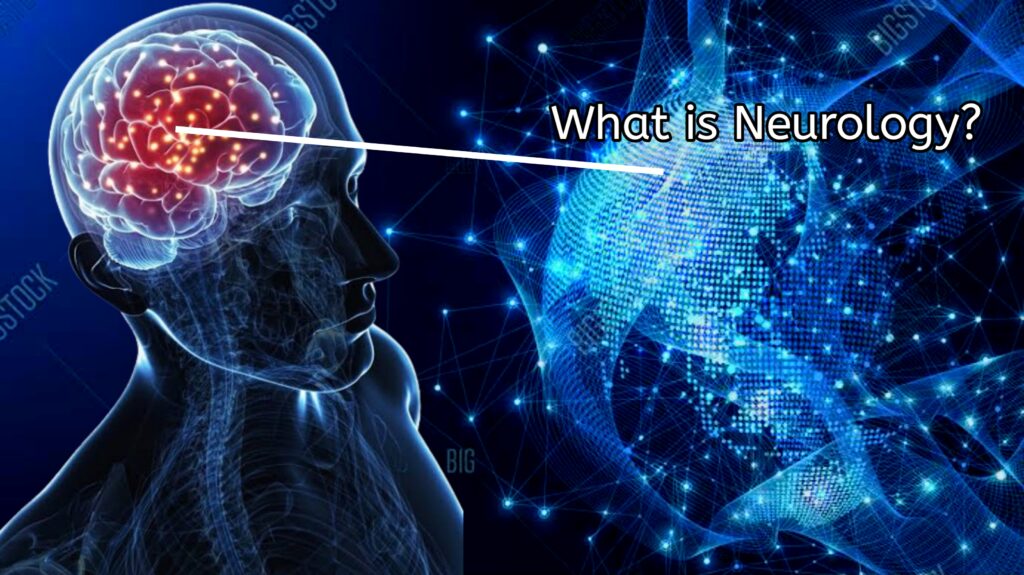
How does neurological disease develop:
Neurological diseases can develop through various mechanisms, including genetic factors, environmental influences, immune system dysfunction, infections, trauma, and lifestyle factors. These conditions often involve abnormalities in the structure or function of the brain, spinal cord, or peripheral nerves, leading to a wide range of symptoms and impairments. Additionally, age-related changes and degenerative processes can contribute to the development of neurological diseases such as Alzheimer’s disease and Parkinson’s disease.
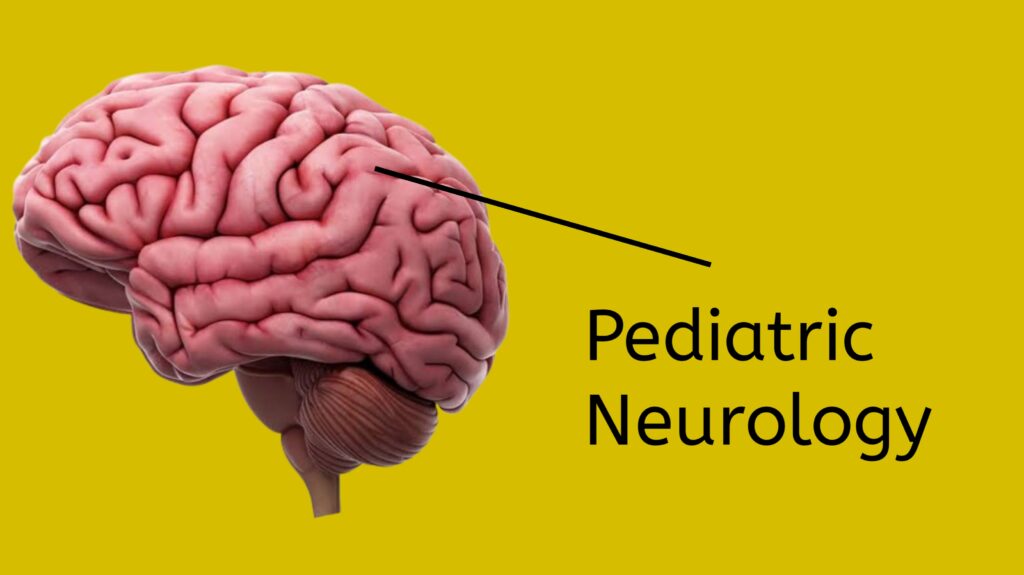
Types of Neurology:
- Clinical Neurology: Primarily deals with the diagnosis and treatment of neurological disorders affecting the central and peripheral nervous systems.
- Pediatric Neurology: Concentrates on neurological conditions in children, including developmental disorders and congenital anomalies.
- Neurocritical Care: Focuses on managing critically ill patients with neurological conditions like strokes, traumatic brain injuries, and seizures.
- Neurosurgery: Involves surgical interventions to treat conditions affecting the nervous system, such as brain tumors, spinal cord injuries, and epilepsy.
- Neuroimaging: Utilizes imaging techniques like MRI, CT scans, and PET scans to diagnose and monitor neurological conditions.
- Neurophysiology: Studies the function of the nervous system, including electrophysiological techniques to assess nerve and muscle function.
- Neurogenetics: Investigates the genetic basis of neurological disorders, providing insights into their inheritance patterns and potential treatments.
- Neuropsychology: Focuses on understanding the relationship between brain function and behavior, often assessing cognitive and emotional functioning in patients with neurological conditions.
- Neuro-oncology: Specializes in the diagnosis and treatment of brain and spinal cord tumors, including both benign and malignant tumors.
- Neuroimmunology: Explores the interaction between the nervous system and the immune system, particularly relevant in autoimmune neurological disorders like multiple sclerosis.
- Neuropharmacology: Studies the effects of drugs on the nervous system, including their mechanisms of action and therapeutic applications in neurological disorders.
- Neuroepidemiology: Examines the distribution and determinants of neurological diseases within populations, aiding in the understanding of risk factors and prevention strategies.
- Neurorehabilitation: Focuses on restoring function and improving quality of life for individuals with neurological disabilities through physical therapy, occupational therapy, and speech therapy.
- Neurotoxicology: Investigates the adverse effects of toxins on the nervous system, including environmental toxins, drugs, and chemicals.
- Neuroethics: Explores ethical issues related to neuroscience research and clinical practice, including informed consent, brain enhancement, and end-of-life care decisions.
- Neurodegenerative Diseases: Specializes in conditions like Alzheimer’s disease, Parkinson’s disease, and Huntington’s disease, which involve progressive degeneration of nerve cells.
- Stroke Neurology: Focuses on the prevention, diagnosis, and treatment of stroke, including ischemic strokes, hemorrhagic strokes, and transient ischemic attacks.
- Epilepsy and Seizure Disorders: Addresses the diagnosis and management of epilepsy, including medication management, surgical interventions, and lifestyle modifications.
- Movement Disorders: Deals with conditions affecting movement control, such as Parkinson’s disease, essential tremor, and dystonia.
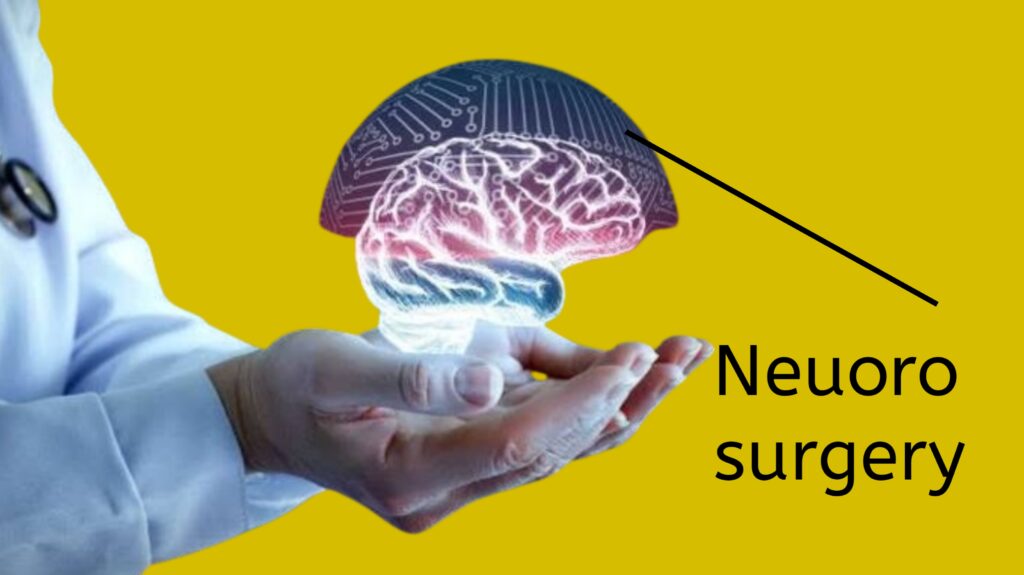
Neurological symptoms:
Neurological symptoms encompass a broad range of manifestations related to the nervous system. These can include headaches, which may be severe or chronic, accompanied by visual disturbances or sensitivity to light. Numbness or tingling sensations in the extremities can indicate nerve compression or dysfunction. Weakness or paralysis in muscles may result from conditions affecting the motor pathways. Dizziness or vertigo can stem from issues with the vestibular system or inner ear. Difficulty walking or maintaining balance could indicate problems with coordination or proprioception.
Seizures, characterized by abnormal electrical activity in the brain, may present as convulsions or altered consciousness. Changes in vision or hearing may signal neurological disorders affecting sensory pathways. Memory problems, such as forgetfulness or confusion, might be indicative of cognitive impairment or neurodegenerative diseases. Mood changes, including depression or anxiety, can also be linked to neurological conditions. It’s crucial to seek medical attention if experiencing any of these symptoms for proper diagnosis and management.
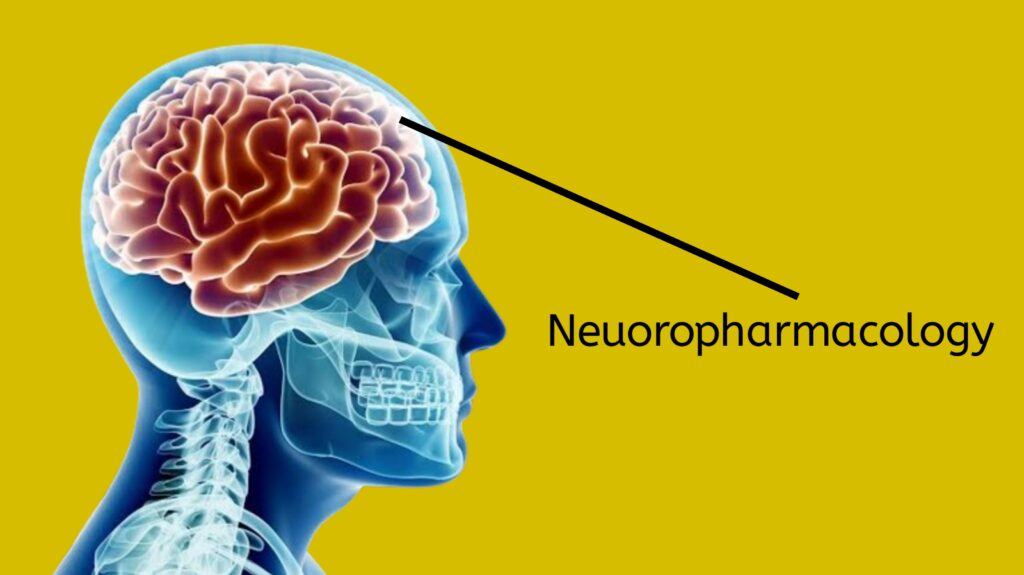
Table of Contents
See our other Post
See our other Site
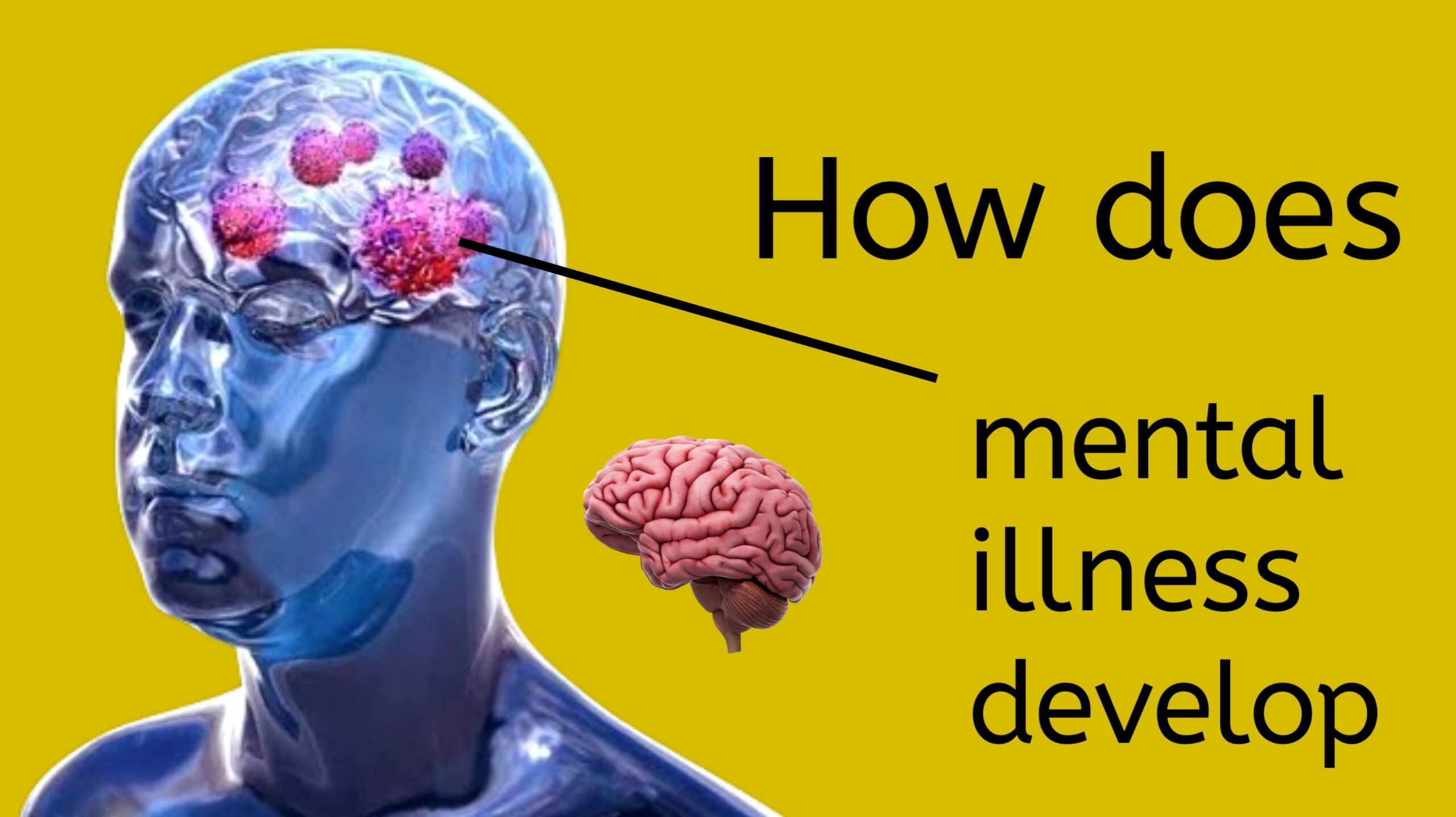
1 thought on “Neurology (What is Neurology) 1.Very Dangerous”